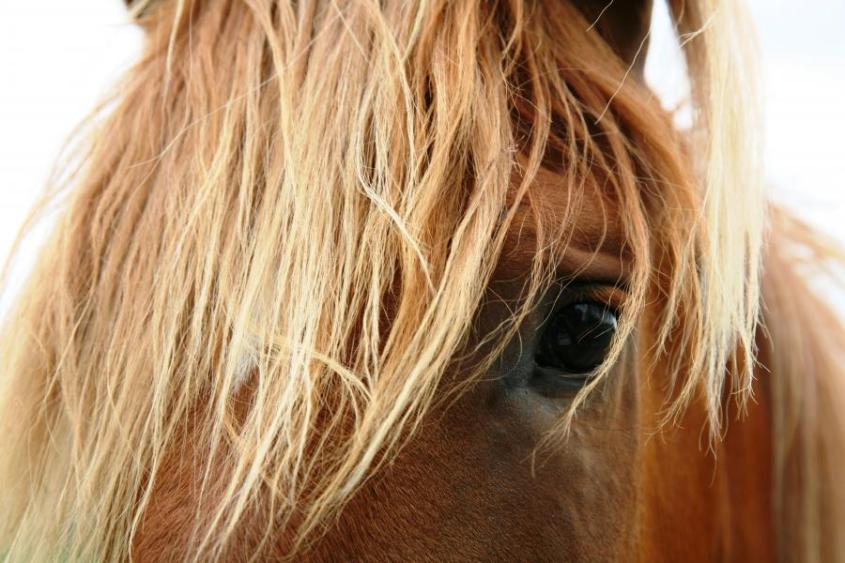Ophthalmology
The Ophthalmology Service at the Cornell University Hospital for Animals provides scheduled and emergency care for horses with eye and vision problems. Our entire staff consists of board-certified ophthalmologists and resident ophthalmologists-in-training who collaborate with other veterinarians and ophthalmologists around the world to provide comprehensive eye care to horses. We offer the latest diagnostic and treatment modalities using state-of-art instrumentation and we utilize advanced surgical techniques. We work closely with all other services in the hospital, particularly with the Internal Medicine Service, to provide comprehensive diagnosis and treatment of the full spectrum of veterinary ophthalmic disorders and any other disorders your patient may have.




 Often times, you may leave your vehicle and trailer right in the driveway but, if the lot is full, the receptionist will provide you with a parking pass and directions to nearby longer-term parking where overnight parking for trucks and trailers is also available.
Often times, you may leave your vehicle and trailer right in the driveway but, if the lot is full, the receptionist will provide you with a parking pass and directions to nearby longer-term parking where overnight parking for trucks and trailers is also available.